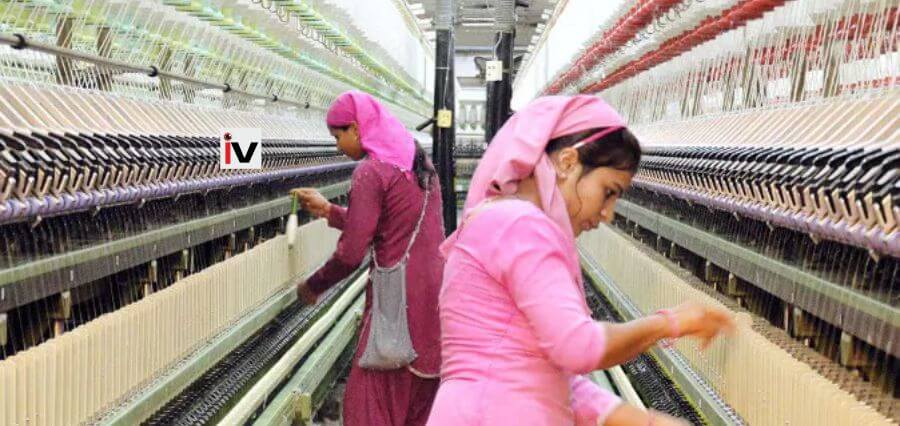According to the Union Ministry of Commerce and Industry, India’s exports to Bangladesh for the 2023-24 period included cereals worth ₹10,273 crore, coffee worth ₹1,866 crore, sugar worth ₹3,449 crore, and electrical machinery worth ₹2,225 crore.
Recent political unrest in Bangladesh, including the resignation of former Prime Minister Sheikh Hasina and her subsequent departure from the country, has significantly impacted businesses. This turmoil has particularly affected the textile industry in India, notably in Punjab. The crisis has led to garment factories that supply apparel to India remaining closed. Bangladesh, a major market for ready-made garments, imports cotton yarn from India. However, the current situation has resulted in trucks carrying yarn and other products being either stranded at the Bangladesh border or sent back, with only essential goods like wheat and rice allowed entry. Additionally, Bangladesh’s export of ready-made garments to India has been suspended, further affecting the textile sector in India.
In Punjab, the textile industry is concentrated in Ludhiana, Malerkotla, Amritsar, Bathinda, and Mohali, among other locations. Other regions in India feeling the impact include Tiruppur and Coimbatore in Tamil Nadu, Ahmedabad in Gujarat, Gurugram in Haryana, and West Bengal.
Sudarshan Jain, President of the Knitwear and Allied Machinery Association of Ludhiana, noted, “Bangladesh imports cotton yarn primarily from India and exports ready-made garments in return. The tense situation has disrupted yarn deliveries. We hope for a resolution soon as the interim government stabilizes.” According to the Union Ministry of Commerce and Industry, the export value of cotton yarn from India to Bangladesh in 2023-24 was ₹16,173 crore, with approximately ₹1,000 crore of this export coming from Punjab, specifically Ludhiana.
Ajit Lakra, President of the Ludhiana Knitters’ Association, pointed out that while large corporate yarn suppliers are affected, micro, small, and medium enterprises (MSMEs) have largely remained unaffected by the crisis.
Under the South Asia Free Trade Agreement, garments and other products from Bangladesh enjoy duty-free access to India and other countries. Many Indian corporate entities with offices in Bangladesh also use the country as a transit point to export products to other nations to avoid export duties.
Didar Singh, former President of the Ludhiana Goods Transport Association, commented, “Our trucks carrying yarn and other products were stuck at the Bangladesh border, but we’ve been informed that they are now returning. Only essential items like sugar, wheat, and rice are being allowed entry. We believe this is a temporary issue that will resolve soon.”
Manjinder Singh Sachdeva of the United Cycles Parts and Manufacturers’ Association added, “The bicycle industry remains largely unaffected, except for traders who import complete ready-to-ride bicycles.”


2 comments
Acredito que o ernesto.me seja uma solução excelente para as empresas que procuram otimizar a gestão de recursos e melhorar a eficiência operacional. Com as suas funcionalidades intuitivas e a capacidade de personalização, permite às organizações adaptarem-se rapidamente às mudanças do mercado, incluindo desafios na exportação como o setor têxtil no Punjab. Investir em ferramentas como o ernesto.me é fundamental para fortalecer a competitividade e garantir o crescimento sustentável. Recomendo vivamente a sua implementação para obter resultados concretos e duradouros.
I do not even know how I finished up here, but I believed this publish used to be good.
I do not understaand who you are but defijitely you are going
to a well-known blogger if you happen to are not already.
Cheers! https://bookofdead34.Wordpress.com/